#Dead Among the Living
Explore tagged Tumblr posts
Text
Finnish female-fronted metal band Autumn's Grief will release their third album later this fall and new single out now
Finnish female-fronted metal band Autumn's Grief will release their third album later this fall and new single out now. #autumnsgrief
Finnish metal band Autumn’s Grief released a new single Dead Among the Living on June 5th 2024 via Inverse Records. The track is taken from the upcoming third album ‘Dead Among The Living’ which is released on October 25th 2024 by Inverse Records. The band comments:“Dead Among the Living is a story of a hidden love that stays in the shadows, silenced and unable to reveal itself. The song’s…

View On WordPress
#Autumn&039;s Grief#Dead Among the Living#Female fronted band#Inverse Records#Noora Virtanen#Women in metal
0 notes
Text

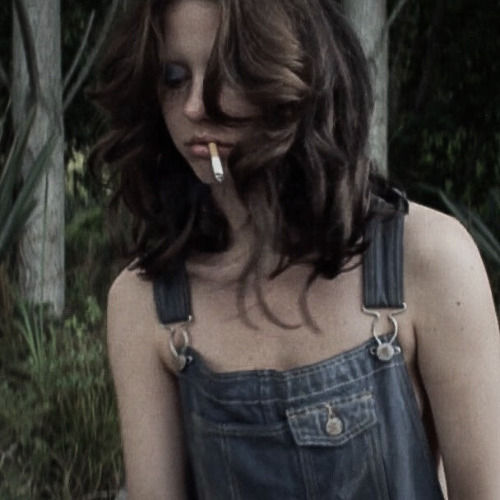
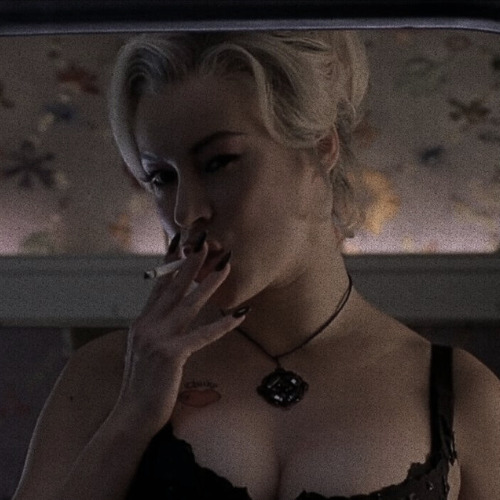
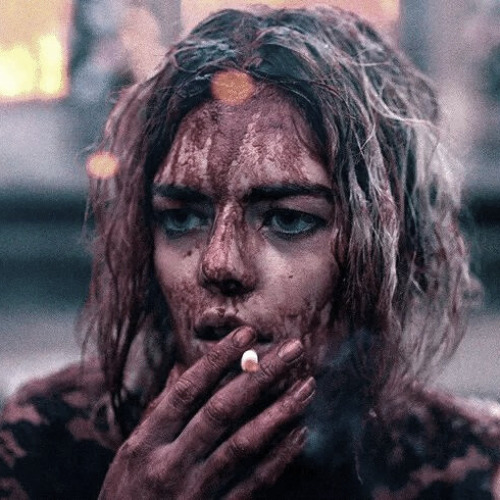
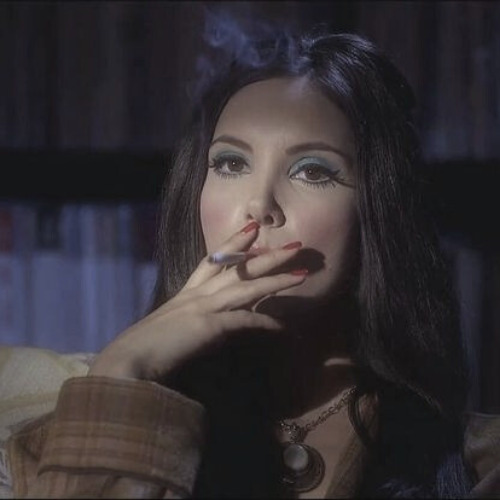
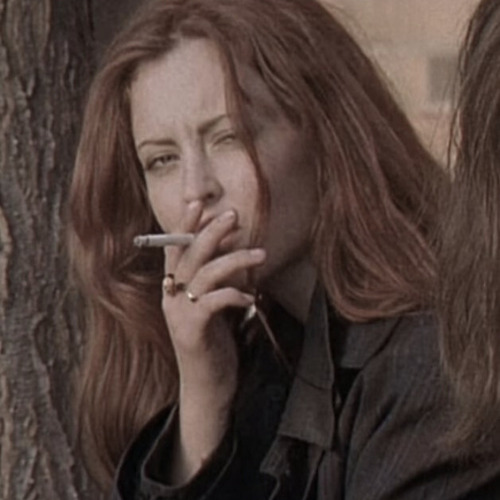
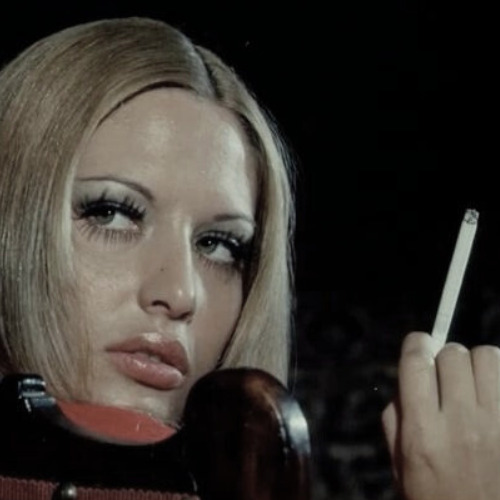
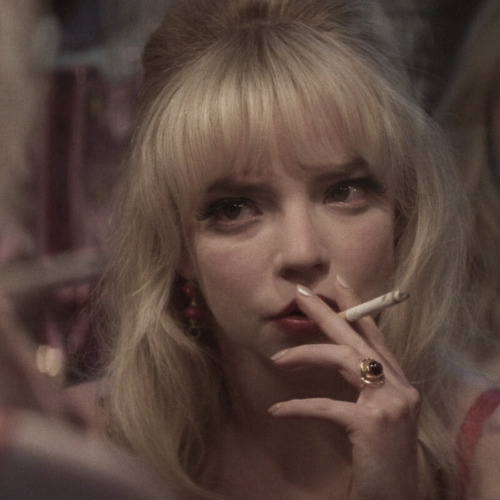
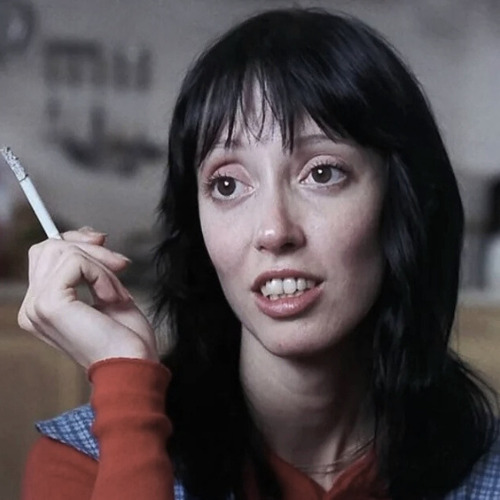
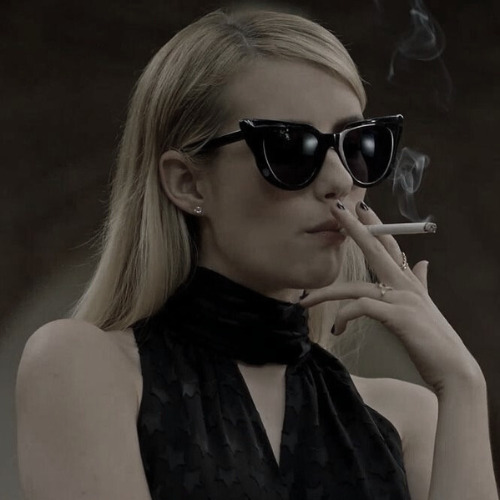
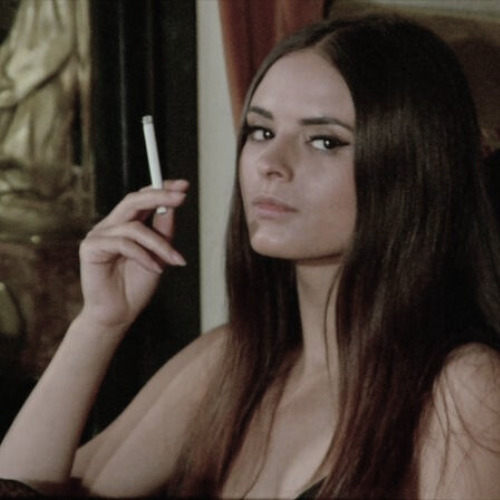
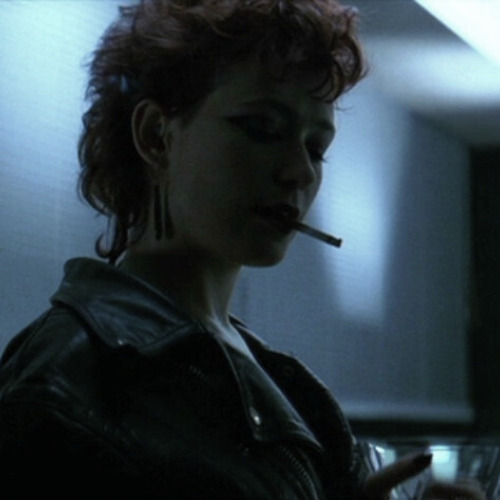
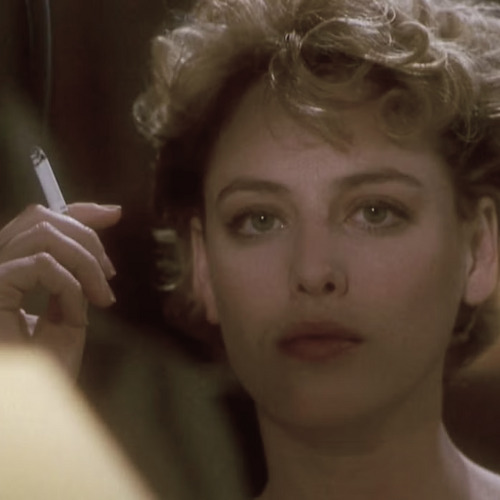
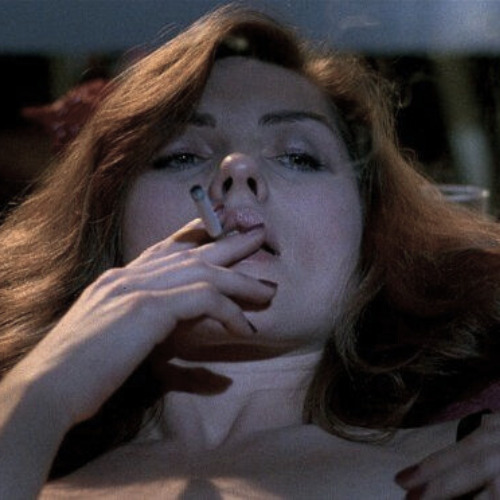
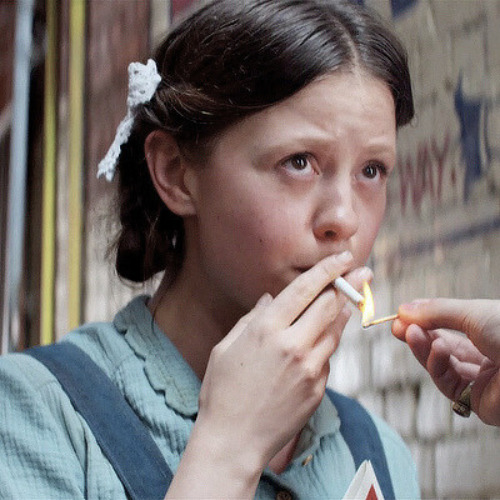
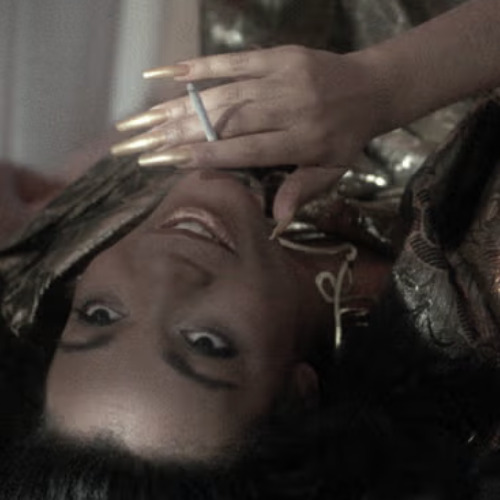
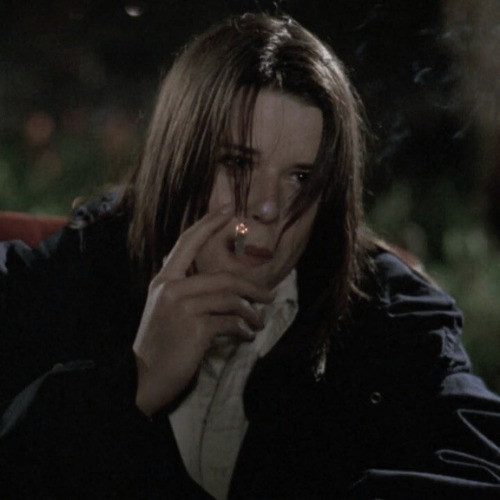
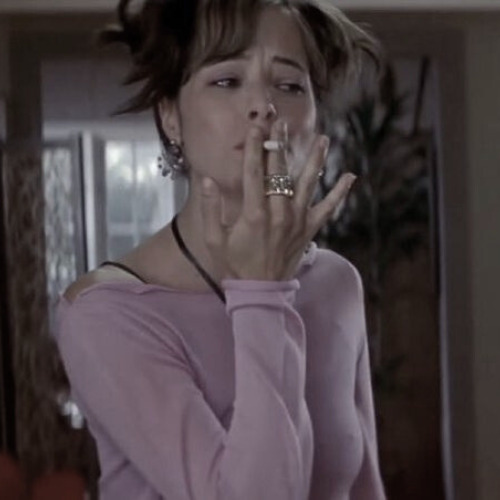
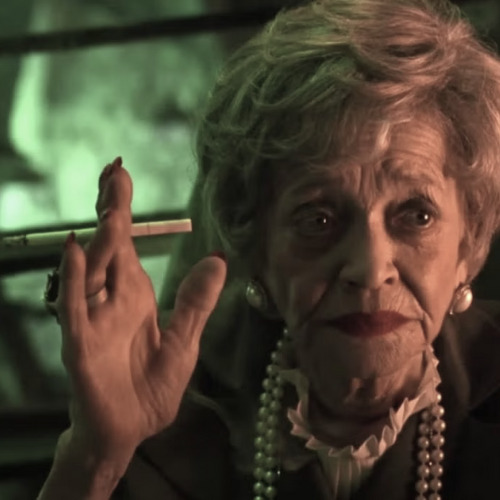
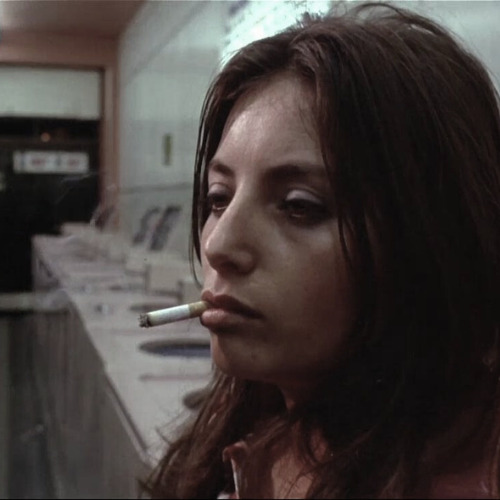

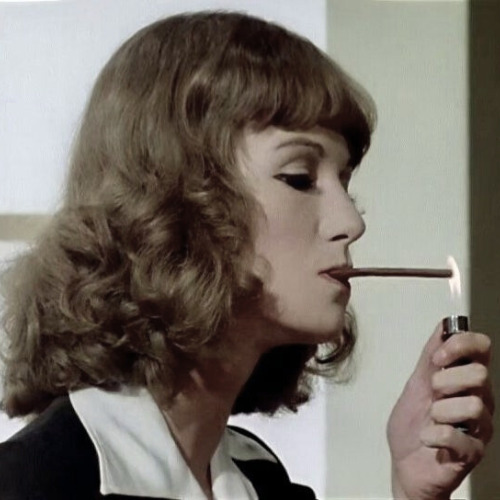
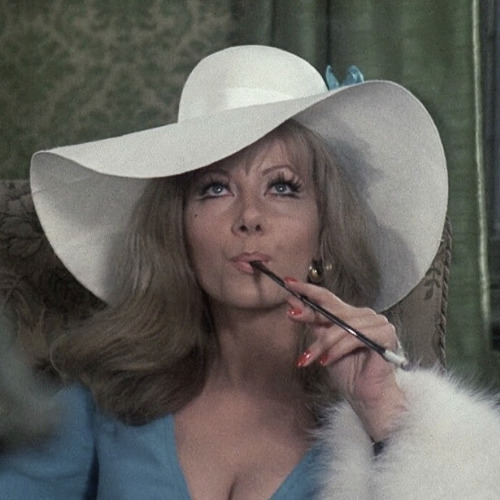
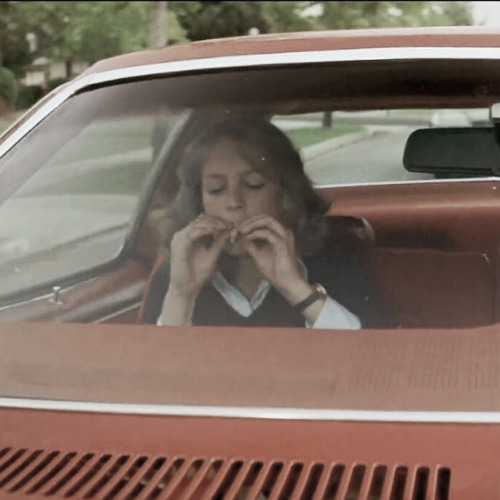
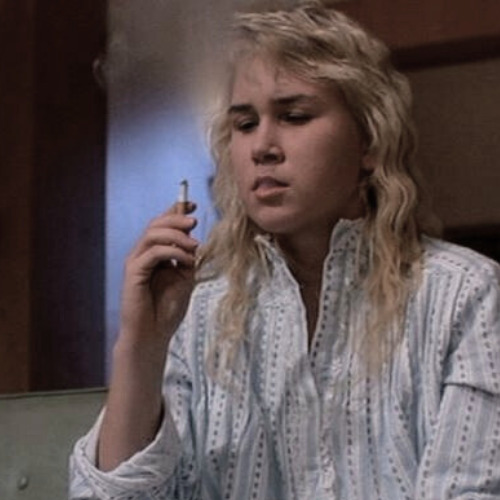
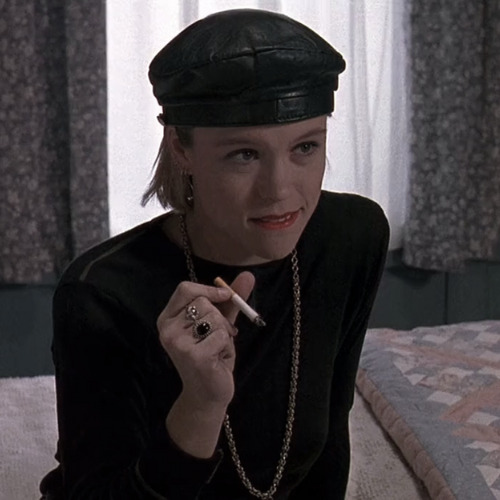


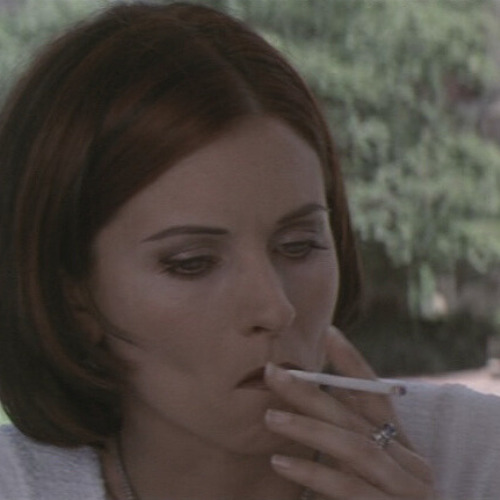
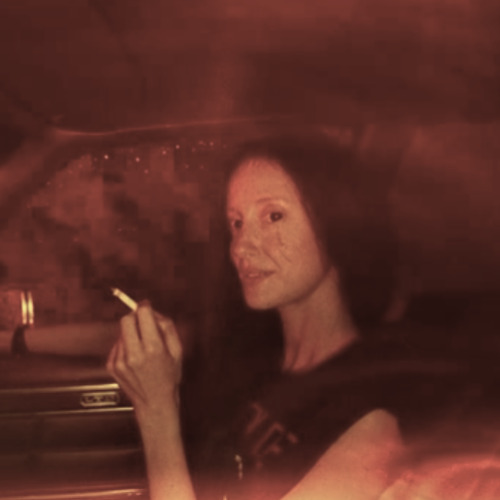
horror women + smoking
#black christmas#x#bride of chucky#ready or not#the love witch#ginger snaps#a virgin among the living dead#last night in soho#the shining#american horror story#she killed in ecstasy#the hunger#candyman#videodrome#pearl#def by temptation#the craft#scream 3#beetlejuice#dracula a.d.#blair witch project 2#deep red#the house that dripped blood#halloween#a nightmare on elm street 3#child's play 2#maxxxine#may#scream 2#mandy
747 notes
·
View notes
Text




A VIRGIN AMONG THE LIVING DEAD La nuit des étoiles filantes (1973) dir. Jesús Franco
#a virgin among the living dead#horroredit#greenedit#filmedit#movieedit#dailyhorrorfilms#dailyhorrorgifs#fyeahmovies#dailyworldcinema#userkayleigh#userchristineb#usernowz#1970s film#french film#gifs*#a virgin among the living dead 1973#this has been in my drafts for months time to set it free
994 notes
·
View notes
Text
love thinking about the underworld siblings just being absolute fucking creatures. they stare at you too long after a conversation has ended and quickly look away if you notice and look back. they sit catatonic on the floor of a pitch black room and get mildly annoyed when someone turns the lights on. they get each other in a distinct way that no one else ever really could and hold hands creepily like the twins in the shining. nico notices the tiny little things of another person's life and when they ask him How he knows he says "the ghosts in your walls told me" (it's a joke and no one laughs). hazel has a fun night on the town with friends when suddenly she lays her fingertips to the earth and says "oh... someone was murdered here in 1998" and the mood is killed instantly. they have a shared macabre that looms over others like the presence of an urn in the corner of a room. percy/frank/will/jason/reyna are used to it but even they get caught off guard by their behavior sometimes. they need to be Weird in a way that makes other people uncomfortable
#there are several moments in hoo where others regard hazel like “pluto kid? undead girl? but she's so bright and full of life”#meanwhile her internal monologues are like 'I should be dead. I'm so bad at everything. I ruin everything I touch. the past and the present#are demanding too much and the ghosts of asphodel are still inside of me' which is so funny#and I think that Has to manifest externally in some peculiar behaviors that really throw people off sometimes#and then nico is just nico. not a goth ball of death but an ostracized creature who doesn't quite grasp how to operate among the living#nico di angelo#hazel levesque#frank zhang#will solace#jason grace#reyna avila ramirez arellano#percy jackson and the olympians#riordanverse#pjo hoo toa tsats#rick riordan#the sun and the star#heroes of olympus#baye.txt#underworld siblings
234 notes
·
View notes
Text
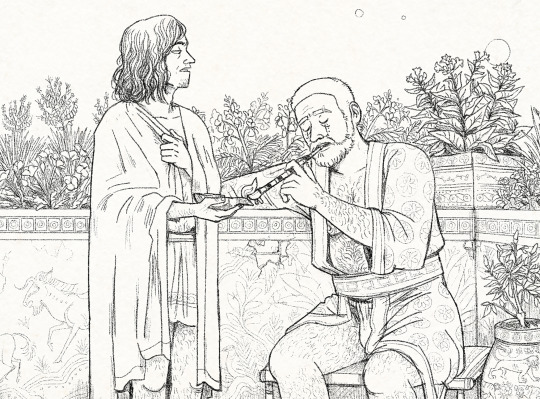
This was going to be a panel of a little comic but I got too invested in drawing minute background details so, here.
#They are having an argument over 1) whether crops can be grown on the moons 2) what - if any - impact does this have on the feasibility#of an afterlife being located on the moons#Brakul is a partial convert to the Imperial Wardi faith but this mostly entails having adopted the seven faced God (and some#other elements of the belief system) into his worldview and participating in expected rites while retaining his central#ancestor veneration practices completely unchanged and mostly prioritized.#This doesn't actually cause much friction in of itself with the big exception being disagreements on the afterlife#Wardi practices surrounding death prioritize proper handling of the corpse and funerary rites in order to get the dead where they#need to be- death is a fraught transition from one state to another. analogous to birth. The role of the living is to get the dead through#this transition (preventing them from being stuck earthbound as earthbound ghosts - which is the Bad afterlife). Once the dead#make it to the moons that's it. They don't really interact with the living. There's plenty of conceptualization of what it's Like#in the lunar lands but the cultural priority is not even slightly on the Logistics of existence there.#Whereas the CORE of religious practice among the Hill Tribes is ancestor veneration - ancestors remain interactive with the living#and require/desire their continual support. They are conceptualized as having earthlike 'lives' where they eat and drink#and grow crops and herd livestock and they need the support of the living (in prayers and offerings) to do so prosperously.#There is a HIGH cultural priority on the logistics of their afterlife and it's self-apparent that the world of the dead needs fertile earth#to support them.#So like bottom line Brakul thinks there's no goddamn way that the moons could support an afterlife (they are described as#barren rock that was flung into the sky during creation and certainly Look that way)#and that the Wardi are just wrong about their afterlife's location. They probably go to the celestial fields (which are located#behind the moons and stars) like everyone else#And Janeys finds this aggravating and doesn't see his fucking point but has developed a nagging concern that Brakul Could be#partly right in that the celestial fields could Maybe exist in addition to the lunar lands.#So like maybe they aren't going to go to the same place when they die?#He's already terrified that he'll be stuck as an earthbound ghost and really doesn't want to be even further separated so#he figures he should make sure he gets himself dead and cremated at the same time as Brakul so they can navigate the#transitional period together.#Brakul is unconcerned because he figures that if Janeys actually does get stuck on those barren ass moons he can just kinda#Go Get Him#Ancestor spirits fly to the earth all the time and the moons would be a much shorter distance. Probably wouldn't be an issue.#Long story short these disagreements and underlying anxieties result in fights over whether you can grow corn on the moons or nah
144 notes
·
View notes
Text
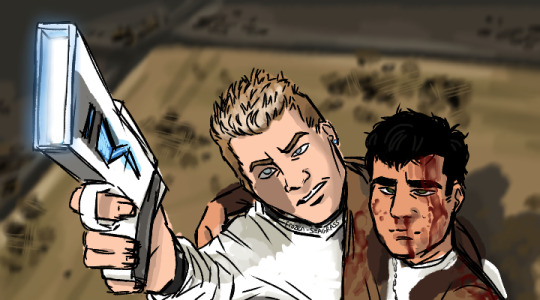
The WALL-E au no one asked for
#i can't even watch an animated film without finding a way to shove those stupid homo pilots in it#anyways i was thinking for this au it follows the same premise/story as wall-e where the human race has left earth due to uninhabitable#conditions but instead of robots it's select groups of people chosen to stay behind to “clean up”#by clean up i mean they're actually being left for dead because the ones being left have rendered lawless by upper command#or troublesome/rebellious etc etc#but the groups they're able to live for a few generations with the resources and stuff they have. hence mav#mav is out scouting or doing whatever solo when the ship lands and out comes one (1) iceman kazansky#looking for some sort of proof of life (those among the space vessel assuming everyone/everything has perished by this point)#shenanigans ensue#they fall in love and bring the ship back to earth yadda yadda#idk it's too late to form coherent sentences#hope you enjoy my silly word vomit#top gun#top gun au#tom iceman kazansky#pete maverick mitchell#icemav#wall-e! au#top gun art#top gun fanart#frozen's art tag#tw blood#< just in case
167 notes
·
View notes
Text
A popular The Walking Dead spinoff show has become a global hit since dropping on Netflix. The hit AMC post-apocalyptic drama series The Walking Dead debuted on October 31, 2010, and became a global sensation, spanning 11 seasons and 177 episodes. The show follows the character of Rick Grimes, a deputy sheriff who awakens from a coma during a zombie apocalypse, and leads a group of survivors, as they try to stay alive in a hostile world. The Walking Dead cast is epic and sprawling, with Rick and Michonne among the most popular characters.
#not among#THE most popular#the walking dead#only they can do this#andy and danai#richonne#rick grimes#michonne grimes#the ones who live#ricksmarlene#streaming#andrew lincoln#danai gurira#netflix#SOOOO HYPED
63 notes
·
View notes
Text
the relationship between the chantry and the mortalitasi in nevarra is SO fucking funny. the carefully politic and civil syncretism of it all. the ‘I’ll refrain from scratching your back to bloody shreds if you refrain from scratching mine :)’. left hand politely averting its eyes from whatever the fuck the right hand is doing merrily up to its elbow in entrails because it usually knows what it’s doing I guess. speak softly, and have an army of the restless dead ready to go banapants horrorshow bonkers if you don’t get to tend to them. We Receive: being able to keep doing our goth thing mostly unimpeded. You receive: us not raising the great majority to protest your unwelcome meddling. render unto the chantry what is the chantry's and unto the watchers what is theirs (or, with all possible courtesy you understand, else…)
#dragon age#nevarra#mortalitasi#a watcher's work is never done#The maker may take the souls but someone still has to care for the graves#the necropolis is such a trump card for the nevarran mages when you think about it -- try to annul the mortalitasi?#soon you'll have some VERY unpleasant things starting to come up from underground and no one who knows how to deal with it#that place has grown and been built upon itself for like a thousand years at this point hope you're good with surprises with no guide#it's not grey wardens in a blight levels of immunity granted but it's up there. thedas realpolitik hits different idk what to tell you#the idea that the ‘higher dead’ are the original souls lingering after death must be getting spicily close to heresy right#even more so than the mortalitasi usually get I mean#Poor Cassandra. Imagine being born a jock among goth nerds no wonder the religion got to her#if her parents had lived she could have been a hotheated dashing noble getting in righteous duels but instead. her uncle. alas.#I jest but I really am so interested in seeing more of nevarra to understand even more of where she's coming from originally#I'm visiting my wife's folks for the first time I'm really excited :) (I do think my adaar would find it fascinating actually so. sry cass)
103 notes
·
View notes
Text

Christina von Blanc in A Virgin Among the Living Dead (1973)
#a virgin among the living dead#la nuit des étoiles filantes#christina von blanc#1970s horror#1970s movies#1973#jesús franco#jean rollin#pierre quérut#horror
141 notes
·
View notes
Text


A Virgin Among the Living Dead (1973, dir. Jesús Franco)
57 notes
·
View notes
Text

Jesús Franco’s “A Virgin Among the Living Dead” (1973)
47 notes
·
View notes
Text
every time i see a “will solace would use guns, he’s TEXAN” post i just automatically assume the post author a) doesn’t live in america or b) isn’t texan, because will solace would hate guns BECAUSE he’s from texas…and just in general?
#came back from the dead (sorry. mcat.) because this was pissing me off#i live in texas and these gun hcs just get on my nerves at this point#a TEXAN HIGH SCHOOLER would probably not find guns cool#especially will solace who has already seen and dealt with so much senseless violence#the connotation guns have in tx among students …yeah no he isn’t ever picking one up out of interest#will solace#will solace pjo#rrverse#pjo#percy jackson#percy jackson and the olympians#percy jackson and the heroes of olympus#hoo#pjo hoo toa
82 notes
·
View notes
Text
hulu was doing live coverage of the election until 2:00am, at which point my power randomly went out and when I reopened the hulu app on my tv the election coverage was replaced with
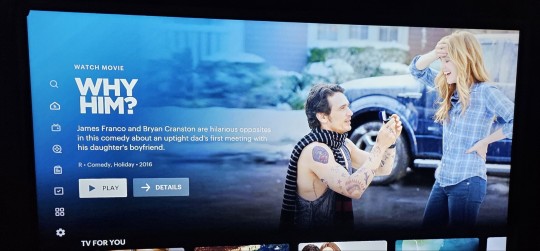
#us politics#I don't care if it was intentional or a coincidence or what that shit is funny as hell#I got like 3 hours of sleep in the past 48 hours#my closest friends are sleeping and don't know yet#we're going to dc a month from now on vacation and none of us expected this#I've been on twitter and it's crushing I see my friends in fear for their lives#I see the worst people in the world cheering for their own downfall because all they care about is someone else having it worse#like they'll douse the vulnerable among us with gasoline and pray for hellfire thinking they'll be safe#but the flames don't discriminate like they do and we're all going to burn#except for the wealthy and powerful of course they'll be polluting the solar system or dead from old age#and the only hell they'll ever know is the one millions upon millions of people eagerly built in their names#in the name of 'greatness'#(man I get really melodramatic when I haven't slept)#and I'm scared too I didn't think this was going to happen and I have no idea what the future holds anymore#and I know I'm privileged to be able to say this when people's lives are about to be destroyed but I think I'm more sad than anything#so disappointed that 70 million people voted for *that*#because it's completely unconscionable to anyone with a soul but somehow he's winning the popular vote for the first time???#what do you mean more people like him now than they did in 2016 and 2020#this genuinely feels like a nightmare are we really so far gone as a country??? as a society?????#that we would not only let a convicted felon (who was served a lawsuit ON ELECTION DAY) on the ballot#but that SEVENTY. MILLION. PEOPLE. would vote for him? to run the country??? to represent us on a global stage?????#*THAT'S* what we as a nation have chosen??? what the fuck is wrong with this country?????#why him indeed#and yet I still have hope#inexplicably
27 notes
·
View notes
Text




CARMEN YAZALDE in A Virgin Among the Living Dead (1973)
#a virgin among the living dead#carmen yazalde#britt nichols#filmedit#gifs*#horroredit#horrorwomensource#horrorgifs#dailywomen#dailyworldcinema#fyeahmovies#userpunk#usermicky#userhavva#usermandie#userkayleigh#userveronika#face card is insane#I really don't know who to tag in this other than ppl who appreciate beautiful women so I will collect my 10 notes and go
795 notes
·
View notes
Text
Misfits - Night of the Living Dead
#Misfits#Walk Among Us#Night of the Living Dead#1982#80's#80s#Genre: Horror Punk Deathrock#Format:#Vinyl LP Album#Released:#Mar 1982#Punk Rock#USA
50 notes
·
View notes
Text

Happy #FrancoFriday ! A Virgin Among the Living Dead (1973)
#A Virgin Among the Living Dead#La nuit des étoiles filantes#Jesús Franco#Jess Franco Friday#Franco Friday#horror movies#horror films#horror movie#gif#gifs#my gif#my gifs#cult cinema#cult movie#cult film#exploitation film#sexploitation film#jess franco#francofriday#jessfrancofriday#70s#70s movie#70s horror#Zombie 4#Carmen Yazalde#Britt Nichols
18 notes
·
View notes